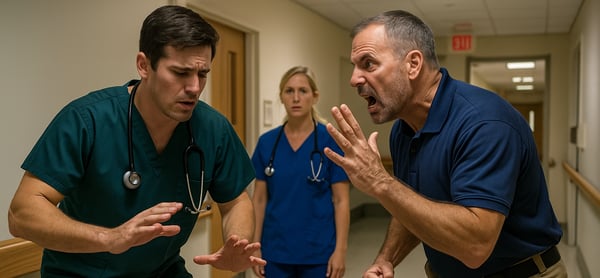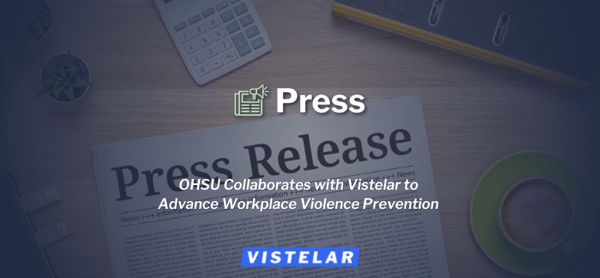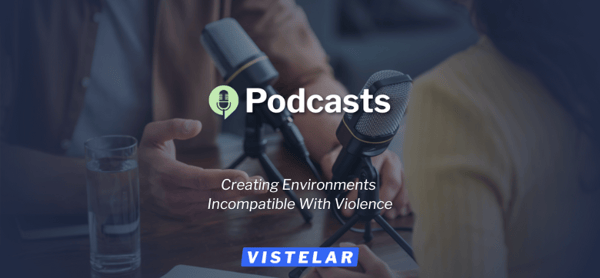Under extreme stress, humans don't rise to the occasion—they fall to their level of training. This reality holds profound implications for healthcare communication and conflict management. When facing a volatile patient, an aggressive family member, or a high-stakes team conflict, healthcare professionals don't suddenly develop new skills. Instead, they rely on deeply conditioned responses...
Posts about Workplace Violence (3)
OHSU collaborates with Vistelar to advance workplace violence prevention
Agreement provides verbal and physical conflict management training to all OHSU members
Beyond Words: The Silent Language of Healthcare Communication—Podcast
“Beyond Words: The Silent Language of Healthcare Communication" — Episode 31
Co-host: Marcus—former healthcare security director
Co-host: Natalie—nurse practitioner and clinical team leader
Subscribe to our podcast on Apple Podcasts
The Communication Crisis in Healthcare—And How to Fix It
Healthcare faces a communication crisis that endangers patients, burns out clinicians, and compromises care quality. While clinical advances accelerate at breathtaking speed, the fundamental human skill of effective communication remains underdeveloped across the healthcare ecosystem. This crisis isn't merely annoying—it's dangerous.
Scripts vs. Skill: The Real Tools for Responding to Escalation
Healthcare organizations frequently respond to communication challenges by creating scripts—standardized language that staff are instructed to use in various scenarios. A good example might be a service recovery model, such as LEAD: Listen, Empathize, Apologize, Do something. This pre-fabricated response represents a well-intentioned effort to improve communication and can be useful when making...
Why Saying 'Calm Down' Never Works—and What to Say Instead
"Calm down."
These two seemingly innocent words are among the most counterproductive phrases in healthcare communication. Uttered countless times daily in hospitals and clinics across the country, this phrase reliably achieves the opposite of its intended effect. Rather than reducing tension, it often escalates it, creating barriers between providers and patients and sometimes triggering...
Creating Environments Incompatible With Violence—Podcast
“Creating Environments Incompatible With Violence" — Episode 30
Co-host: Marcus—former healthcare security director
Co-host: Natalie—nurse practitioner and clinical team leader
Subscribe to our podcast on Apple Podcasts
Psychological Safety Starts at the Top
In healthcare environments where lives hang in the balance and split-second decisions matter, psychological safety isn't a luxury—it's a necessity. Psychological safety, the belief that one can speak up without fear of punishment or humiliation, directly impacts clinical outcomes, staff wellbeing, and organizational performance. Yet despite its proven importance, this crucial element of...
When Mission Statements Fail: Building Real Behavioral Standards
Nearly every healthcare organization has a mission statement that includes values like respect, compassion, and dignity. Yet many of these same organizations struggle with entrenched patterns of disrespectful behavior, workplace bullying, and poor communication. The gap between aspirational language and daily reality reveals a fundamental truth: mission statements alone don't change behavior.
...
The Leadership Ripple Effect: How Your Language Shapes Team Behavior
Healthcare leaders shape more than strategy and operations. They model communication patterns that ripple throughout their organizations. The words leaders choose, and how they deliver them, can either escalate tensions or create environments where respectful communication thrives.
This leadership ripple effect is powerful yet often overlooked. When a physician snaps at a nurse during a...











